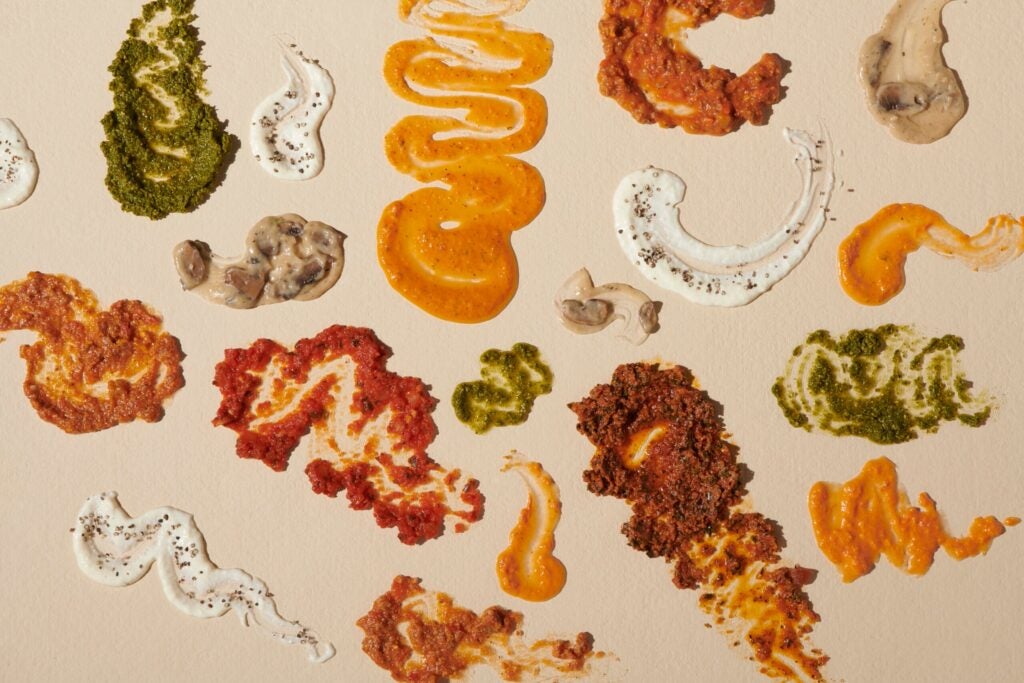Foodservice Industry Leaders Consider Ban Just Another Blow in Wake of Pandemic, Labour Shortage
An impending plastics ban in Canada has foodservice operators feeling the pinch as the deadline to replace single-use items with sustainable inventory nears.
The ban came into effect in Dec. 2022, and the sale of those items will be prohibited as of Dec. 2023 to provide businesses in Canada enough time to transition and to deplete existing inventory.
Barry Fraser, a non-food product specialist based in Eastern Canada, works closely with foodservice operators who have voiced their frustration about the restrictions.
“Most of them are confused about what they can and can’t use,” Fraser said.
He recently held a roundtable with about 40 customers to help educate them on the restrictions. There were a lot of questions regarding what they can and cannot use, Fraser said.
“For example, restaurants can’t use certain containers, but grocery stores can,” he said. “Restaurants have further limitations.”
The ban will cover items like checkout bags, cutlery, straws, and food-service ware made from or containing plastics that are hard to recycle, with a few exceptions that meet healthcare industry requirements. Single-use plastics make up most of the plastic waste found on Canadian shorelines. Up to 15 billion plastic checkout bags are used each year and approximately 16 million straws are used every day, according to CNBC. A ban on plastic ring carriers will begin in June.
Ban Viewed as Just Another Obstacle for Restaurant Operators
First the pandemic, then the labour shortage and now the ban. That’s what foodservice operators have been up against in the last few years, Fraser said.
“Our industry is extremely vulnerable right now. They just went through the worst time in their history,” he said, citing the pandemic. “Labour is a huge problem here too.”
Restaurant Canada, a national, non-profit association representing the foodservice industry, echoed that in a recently published article.
“Single-use items pose a unique challenge for foodservice operators, as Canadians are increasingly turning to delivery and takeout,” it stated.
The article indicated that the industry will take an estimated 125 percent increase in costs due to the ban, and the group feels there are not enough sustainable alternatives available.
But new products, including Re.Source, are being introduced to the market all the time, Fraser said. And to guard against future issues, he suggests they “adapt to the ban now, and get started.”
“They need to let their customers know they are making the effort to do the right thing and hang that flag high,” he said. “They need to look at the perception from their customer base. You don’t want someone seeing that you have the wrong plastic product. It will take just one person to spread that message.”

Re.Source: A Safe, Sustainable Solution
MacKenzie Cantu, associate category manager of North American Disposable Packaging and Serviceware, said even though the majority of restaurant operators were aware of the impending ban, the change still took some by surprise.
“Even though the communication has been sent out in multiple ways, it still feels new to them. Now that it’s actually happening and banned items are depleting, they’re starting to hit the panic button,” she said.
Cantu said operators should consider Re.Source, which has a number of “suitable substitutions” readily available.
“The fact that we are coming out with Re.Source at this time of the ban will be helpful to some operators,” she said.
But some operators aren’t exactly rushing to make the switch.
Peter Woudwyk, category specialist in North American Packaging and Serviceware Disposables, said change is hard, but necessary to stay relevant in their industry.
“Customers don’t want to change how their packaging works,” he said. “But they need to make the change sooner than later. We are running out of prohibited products and it’s going to hit them in the face if we are out of their regular product.”
Fraser said Re.Source offers “tried and true” products that are “right for the environment.”
“Re.Source has a proper message,” he said. “What we have will outlast the next ban.”










